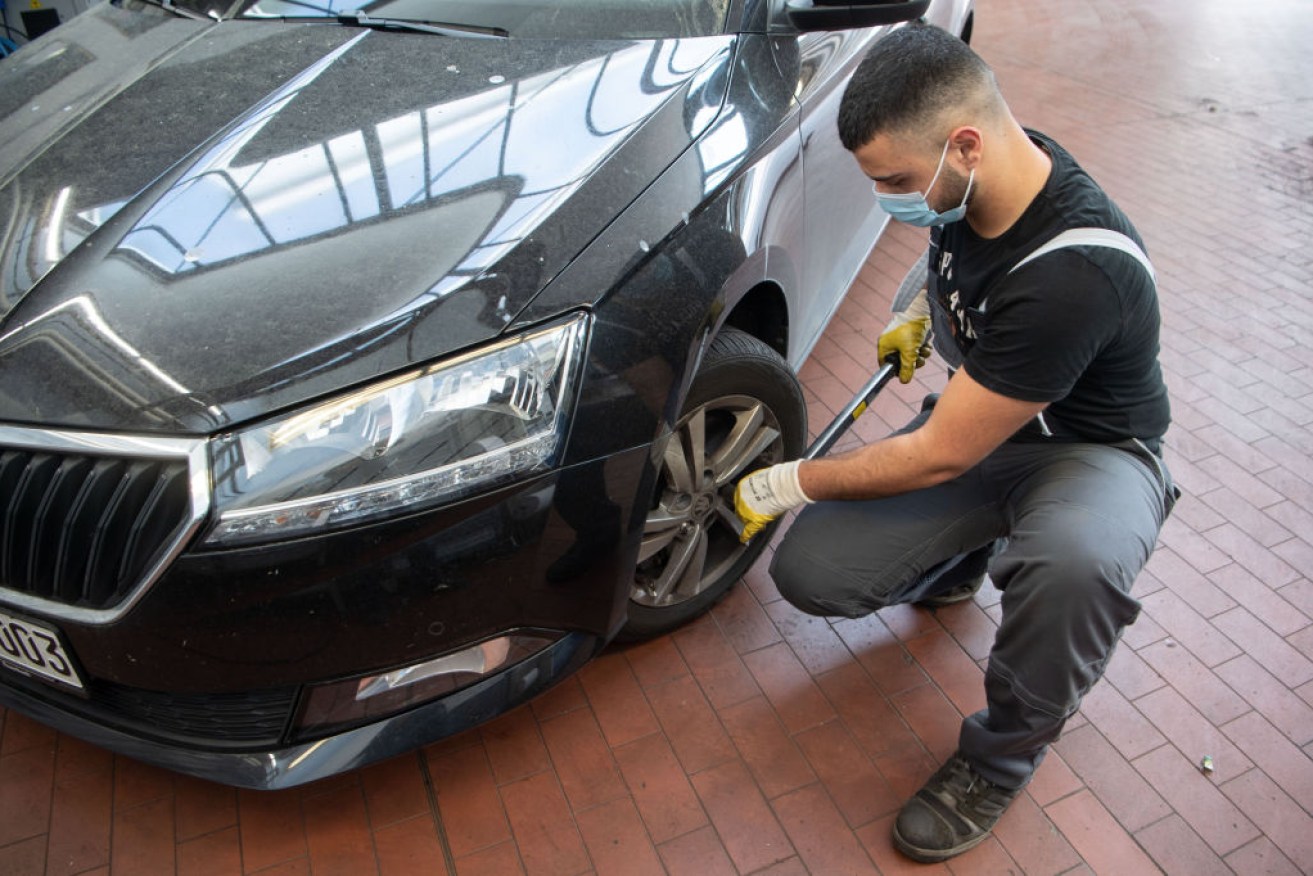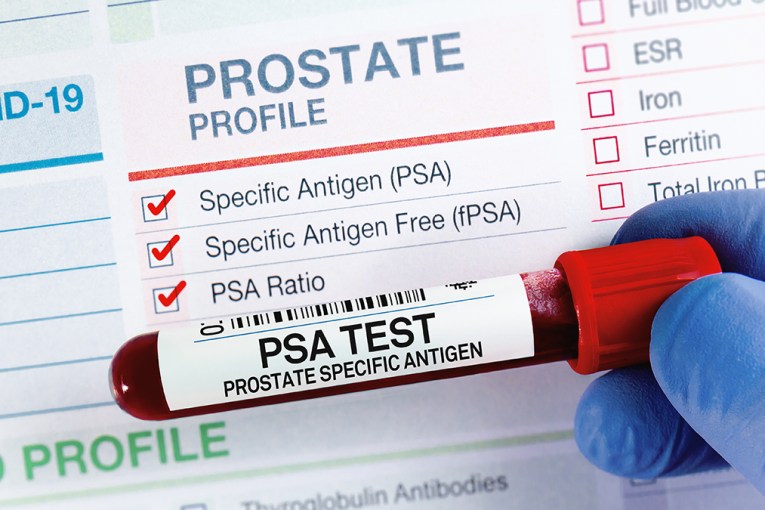Car insurers may soon know your tyre pressure, and penalise you for it


Is your tyre pressure within the normal range? Your car insurer may soon find out. Photo: Getty
What if your insurance company raised the premium on your car because you didn’t maintain its recommended tyre pressures?
Or you advertised it for sale and a potential buyer started negotiating down the asking price based on detailed knowledge of its service records?
Don’t scoff, it could happen thanks to data harvesting.
Data what? It’s the name applied to the mountains of information now being generated by the new vehicles we buy.
Who owns this data and who gets to access it is set to emerge as a big deal as connected cars become ever more common.
In theory, the manufacturer of a car could sell this information about your driving habits and behaviours to a third party for profit.
An insurance company seeking information about how you look after your car, or how you drive it is just one example.
“Are you maintaining the vehicle when it comes up for resale? That’s the sort of data people would love to get their hands on”, says Associate Professor Mark Gregory, a data security expert at Melbourne’s RMIT.
Cars connected to you via a smartphone app and back to their makers via an embedded modem (a sim card) have been around for some years but mainly confined to luxury brands.
But one of Australia’s biggest vehicle brands, Ford, has just announced it will start rolling out embedded modems in every vehicle it sells from mid-2020, starting with Australia’s number two selling vehicle, the Ranger utility.
It’s quite a big story, connecting Mums and Dad vehicles to the network,” Dr Gregory says.

The 2020 Ford Ranger will be the first in a new breed of smart vehicles.
Ford is promoting the customer features the embedded modem provides, including remote vehicle unlock/lock, remote start, vehicle status and remote monitoring, live traffic updates, a vehicle locator and vehicle health alerts.
These functions will be available to vehicle owners via a smartphone app called FordPass.
But in theory, at least FordPass can also feed saleable information about driver habits back to Ford.
“FordPass is an opt-in feature, not something that is automatically activated should the owner of the vehicle choose not to use it,” a Ford Australia spokesman told The New Daily.
“Data is a valuable resource, and could be used to bring benefits in terms of product development and a better understanding of how products and services are used.”
But Dr Gregory told TND data harvesting regulations needed to be tightened by the federal government.
There is a major privacy issue that needs to be addressed here,” Dr Gregory said.
“Who owns the data and what rights do the vehicle owner have in regards to the data?
“Where’s it going to be stored and how is it going to be accessed and released?
Can a car owner have the right to have the data destroyed?”
Another twist on this is could vehicle owners take a cut from the dollars generated by the sale of their data?
Data harvesting falls within the responsibilities of the federal Department of Infrastructure, Transport, Regional Development and Communications. The protection of personal information is covered by the Privacy Act 1988.
A spokesman told The New Daily by email:
“Privacy protections set out under federal legislation would apply to vehicle ‘data harvesting’.
“If an individual considers their personal information has been mishandled, they may make a complaint to the Office of the Australian Information Commissioner (OAIC).”








